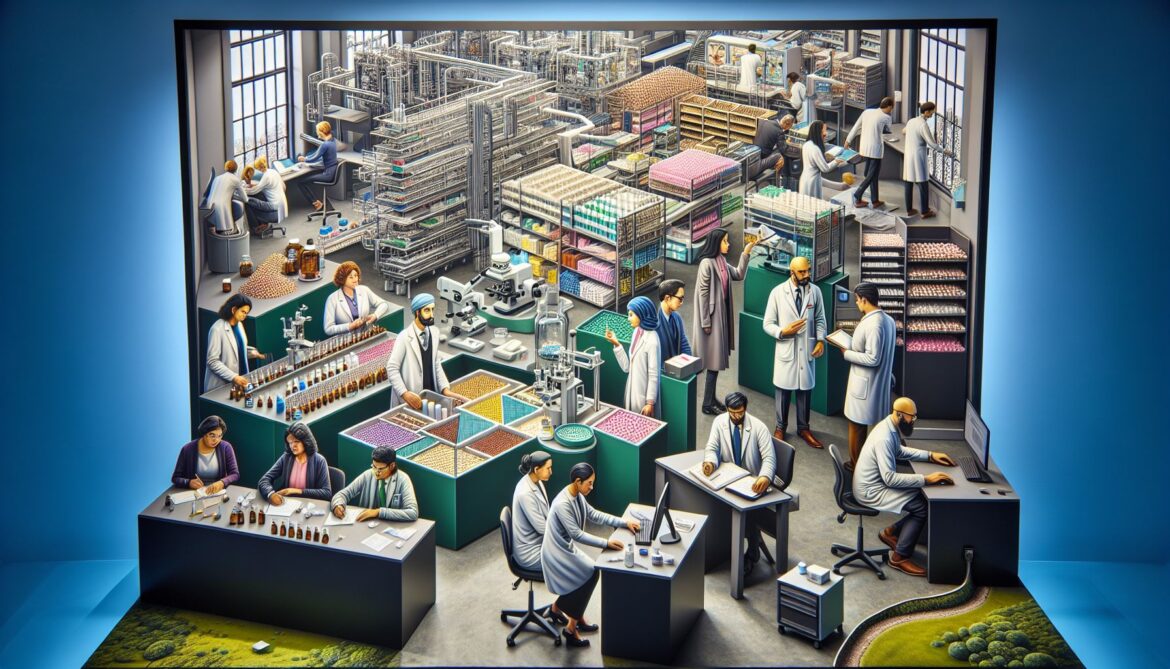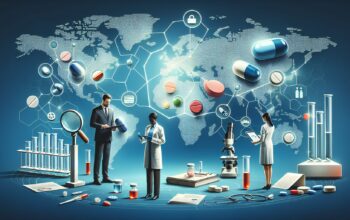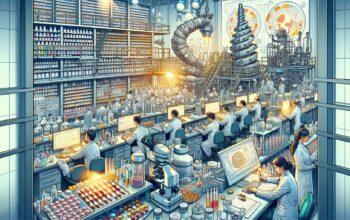
The pharmaceutical industry plays a crucial role in developing and providing medicines that improve and save lives around the world. From research and development to manufacturing and distribution, the process of bringing a new medicine to market is complex and highly regulated.
In the early stages of drug development, scientists work tirelessly to identify potential new treatments for various medical conditions. This may involve screening thousands of compounds to find one that shows promise in treating a specific disease. Once a potential drug candidate is identified, it undergoes rigorous testing in preclinical and clinical trials to determine its safety and effectiveness.
After successful completion of clinical trials, the drug must receive approval from regulatory agencies such as the Food and Drug Administration (FDA) in the United States or the European Medicines Agency (EMA) in Europe. These agencies review data from clinical trials to ensure that the drug is safe and effective for its intended use.
Once a drug is approved, pharmaceutical companies must navigate the complexities of manufacturing and distribution. This includes ensuring quality control measures are in place to meet regulatory standards, as well as working with healthcare providers and insurance companies to make the drug accessible to patients.
The pharmaceutical industry also plays a key role in developing generic medicines, which are copies of brand-name drugs that have the same active ingredients and are approved by regulatory agencies as safe and effective. Generic medicines help to increase access to affordable treatments and save healthcare costs.
Despite the many benefits of medicines and the pharmaceutical industry, there are challenges that must be addressed. These include the high cost of drugs, the prevalence of counterfeit medications, and the rise of antimicrobial resistance. The industry must continue to innovate and collaborate with stakeholders to address these challenges and ensure that patients have access to safe, effective, and affordable medicines.
In conclusion, the pharmaceutical industry plays a vital role in improving global health by developing and providing medicines that treat and prevent diseases. The research, development, manufacturing, and distribution of medicines are complex processes that require careful planning, regulation, and oversight. By addressing challenges and continuing to innovate, the pharmaceutical industry can make a positive impact on public health and contribute to a healthier future for all.


